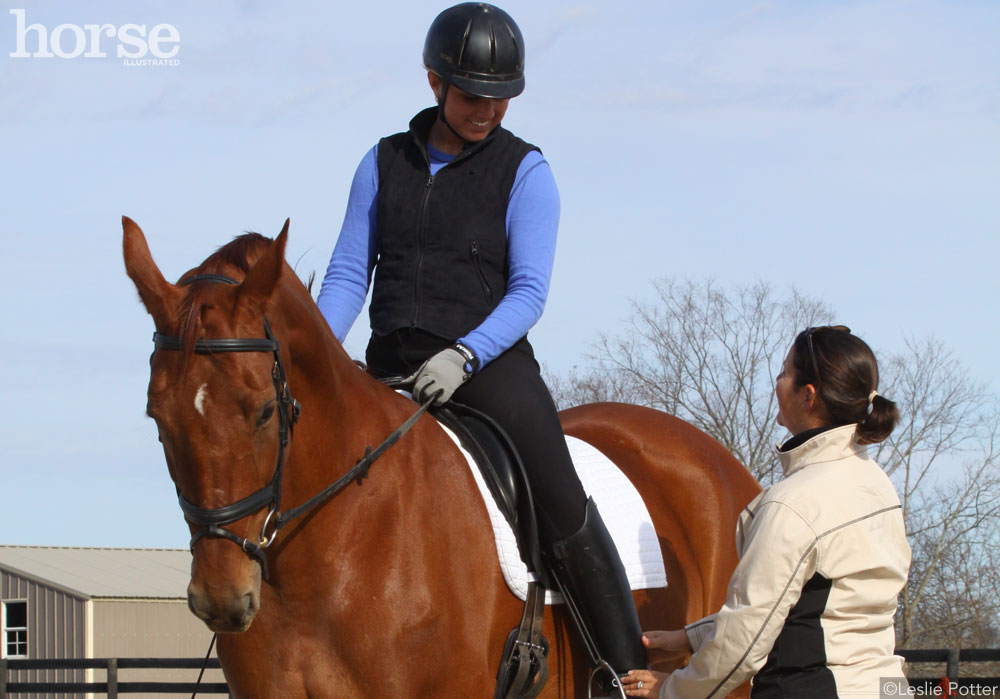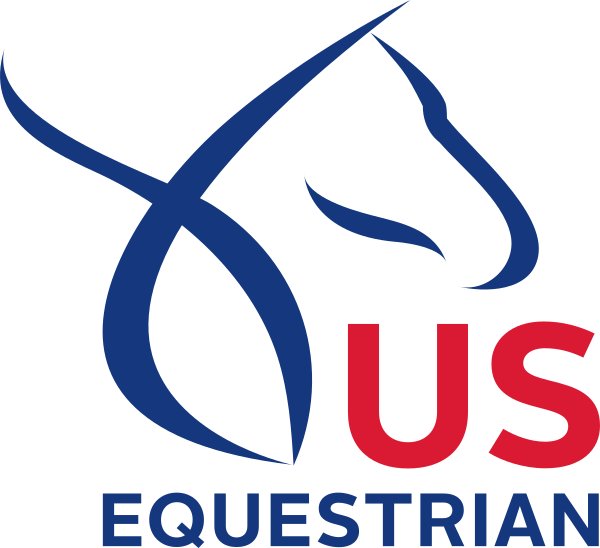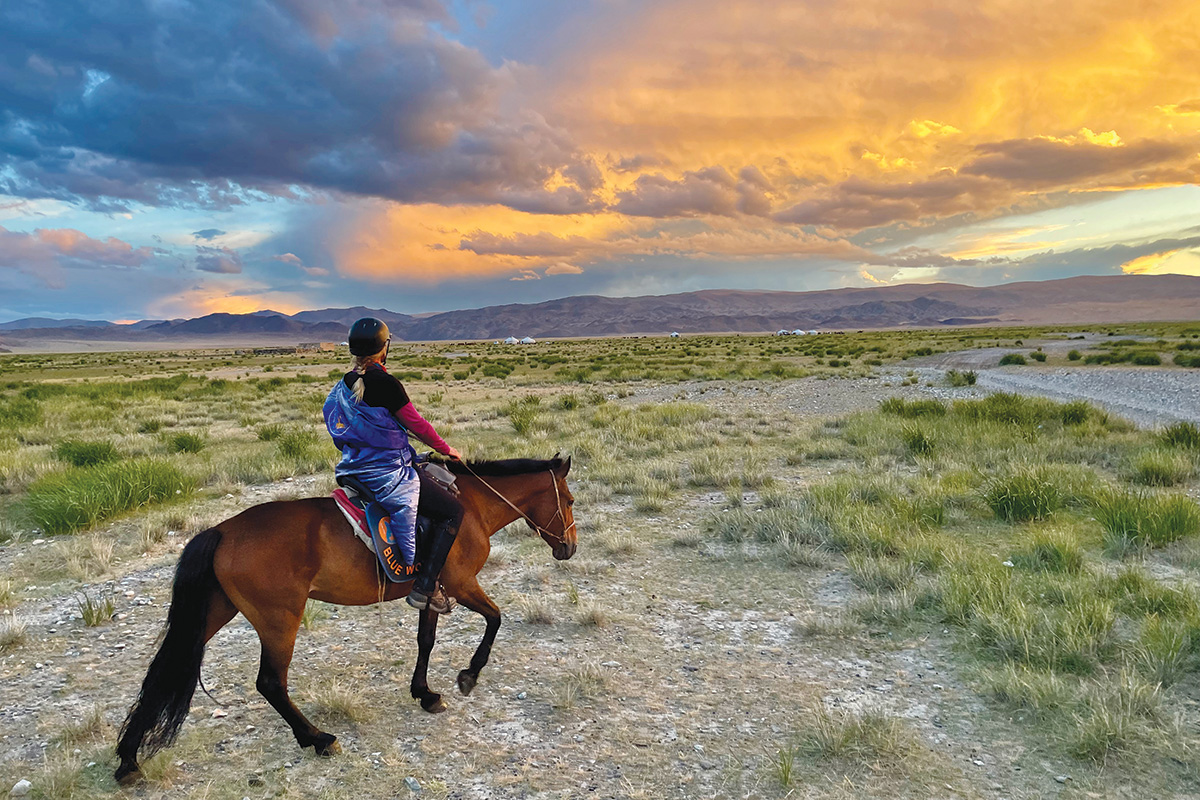It’s almost unavoidable. You want to like the people whose services you employ in the horse world – if you’re going to (hopefully) have a long-term relationship with someone, you want to enjoy their company, right?
So, you get to know each other a bit better every time they come to see your horse, and you begin to forge a friendship. You learn what their spouse does, if they have kids, what they do in their spare time. Before you know it, you’re friends—truly friends, who care about each other outside of professional realm.

But, how do you maintain a friendship and make sure you never “cross the line” from friend to freeloader? With due diligence. Keep in mind that while you may do this for fun, they do it as a profession.
Personal vs. Professional
No matter if you were friends with someone first, then began to employ them for some equine work, or vice-versa, one thing is certain: You must always remember that you have two very distinct relationships with these people, personal and professional.
On the professional side of the relationship, you need to be happy with the services they provide, but also understand that they need to make a living from their work. While you might be able to call your BFF and ask them to feed your horse or change his blanket, it’s not fair to ask a barn owner or trainer to do so without compensation, even if you’re close friends. Be sure to ask up front what the cost is for each service you are asking for. Don’t expect a discount simply because you’re friends.
A Stable Relationship
Many equine enthusiasts will stop at nothing to ensure that their horse is well cared for, whether that means trips to the barn at 11 p.m. or eating ramen for weeks to ensure Trigger has his special supplements. While you may move heaven and earth for your own horse, the professionals you employ may not be as willing to skip vacations and family events for your horse or horse shows—and that’s OK! It’s not OK to pull the friend card here, though, to get what you want.
Even though they may care deeply about your horse, they need to have their own lives and time to pursue their own interests, and you need to respect their down time as well.
Here are some tips to avoid stressing relationships, both personal and professional:
For clients:
- Ask for the cost of a service up front and don’t expect services to be “donated” because you’re friends; this will prevent hard feelings in the future when the bill arrives.
- Stay on task; if you’re a client paying for a lesson, don’t expect your instructor to have time to chat about a non-lesson related topic; she most likely has other students on the schedule who need her full attention.
- Ask how your vet, farrier and trainer prefer to be contacted for business issues involving your horse—and don’t abuse it.
- As a boarder or rider, you can expect that your trainer treat you no differently that other clients (for example, not texting or chatting with other people during your lessons)
For professionals:
- If you are a professional offering a discount to a friend, ask that the price remain confidential; the last thing you want is another boarder or client getting angry that their bill varies from others in the barn
- If you truly want to avoid all drama between clients, keep all prices the same for everyone, unless you provide an across-the-board discount for things like referrals.
- Avoid special treatment
- If you’re close enough friends with a trustworthy client who has a useful skill, consider bartering (i.e., a tech-savvy client may update a barn’s website or run social media in exchange for lessons)
It’s hard not to forge friendships with the people who share your passion for horses, and there’s no reason to hold back on meaningful personal relationships simply because you have a professional one. However, key to keeping a friendship thriving is recognizing and respecting professionals for their knowledge and experience, and being diligent to never take advantage of their kindness.
Sarah Coleman has a soft spot for chestnuts with chrome, including her off-the-track Thoroughbred that she competes in the hunters. Based in Lexington, Ky., she is the Director of Education and Development for New Vocations Racehorse Adoption Program.





A true horse person,is always trying to learn more. Nice article.
Ha…all the people I know “think” they are experts. 🙂